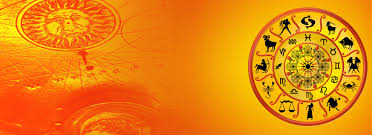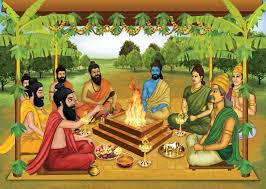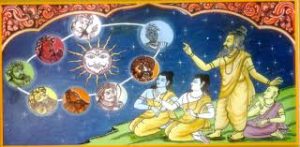Astrology is a profound field that demands a deep understanding of celestial science, spiritual wisdom, and interpersonal skills. An astrologer must possess specific qualifications to provide meaningful and responsible guidance.
Qualificationsof an Astrologer
Key Qualifications of an Astrologer:
- Knowledge of Astrological Principles:
- An astrologer must have a thorough understanding of Vedic or Western astrology, including zodiac signs, planetary movements, houses, and Nakshatras.
- Example: To create accurate Kundalis (birth charts), an astrologer should know how to calculate planetary positions based on time and location of birth.
- Mathematical and Analytical Skills:
- Astrology involves precise calculations of planetary positions and their angles. Analytical thinking is crucial for interpreting the impact of these positions.
- Example: Predicting the influence of a Saturn transit in a specific house requires both accurate mathematical input and logical interpretation.
- Spiritual and Intuitive Insight:
- A qualified astrologer should combine their technical expertise with intuitive skills to connect with the spiritual aspects of astrology.
- Example: Providing guidance during a Rahu period involves not only analyzing charts but also helping clients align with their spiritual growth.
- Ethical Responsibility and Empathy:
- An astrologer must uphold ethical practices and approach clients with compassion and understanding. Clear communication is also critical.
- Example: If a client is anxious about their career, the astrologer should offer guidance in a supportive and constructive way without creating fear.
- Experience and Continuous Learning:
- Practical experience enhances an astrologer’s ability to interpret charts accurately. Continuous study ensures they stay updated on evolving practices.
- Example: Learning about medical astrology or mundane astrology adds depth to their practice.
Tabular Representation of Astrologer Qualifications:
| Qualification | Description | Example |
|---|---|---|
| Knowledge of Astrological Principles | Deep understanding of celestial patterns, zodiac signs, and planetary influences. | Analyzing a birth chart to determine strengths and challenges based on planetary placements. |
| Mathematical and Analytical Skills | Precision in calculating planetary positions and analyzing their impact on life events. | Calculating the position of Saturn in a Kundali to predict career outcomes. |
| Spiritual and Intuitive Insight | Ability to connect spiritual wisdom with astrological interpretations. | Guiding someone through their spiritual growth during a challenging Rahu-Ketu period. |
| Ethical Responsibility and Empathy | Commitment to offering compassionate, constructive, and honest guidance. | Reassuring a client worried about a difficult planetary period with realistic, ethical advice. |
| Experience and Continuous Learning | Practical experience in readings and ongoing study of various branches of astrology. | Learning medical astrology to assist clients with health-related planetary insights. |
These qualifications ensure that an astrologer approaches their craft with a balance of knowledge, intuition, and responsibility.




